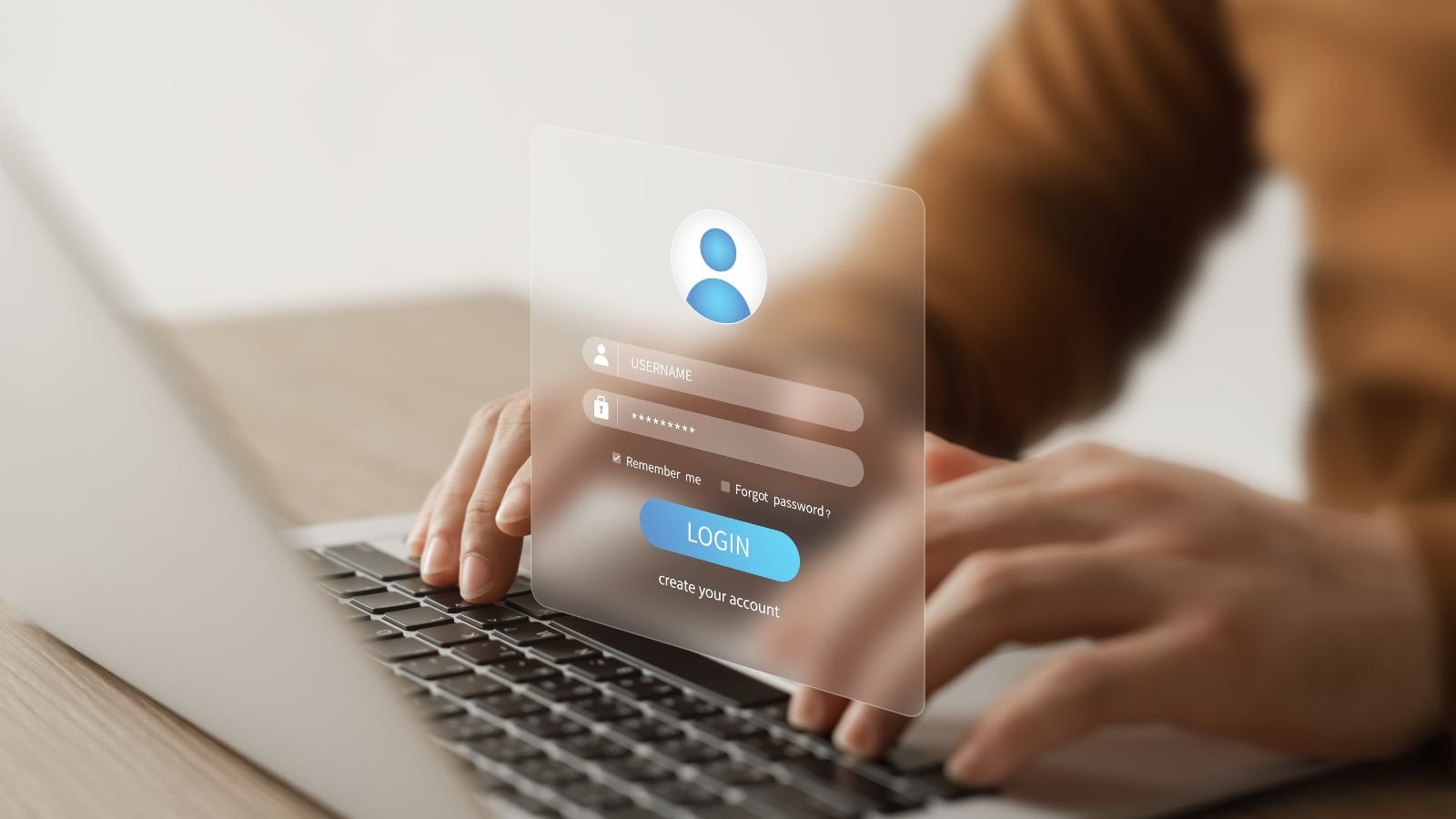Navigating the internet can be tricky, with many Americans inadvertently making avoidable mistakes. Recognizing these errors can lead to safer and more secure online experiences. It can protect personal information and enhance digital well-being.
Falling for Phishing Scams

Many Americans still fall for convincing phishing emails, unknowingly giving away sensitive information. This led to a loss of over $10 billion in 2024. These frauds frequently imitate reputable businesses, making victims less vigilant. The rush of daily life and the increasing sophistication of scammers contribute to this persistent problem.
Overexposing Personal Data

68% of U.S. citizens are regular social media users. Many reveal sensitive details on these platforms like their birthdays, addresses, or vacation plans. This behavior is a result of an online need for approval and connection. However, it can lead to identity theft or personal security risks.
Using Public- Wi-Fi for Sensitive Transactions

The convenience of free Wi-Fi often outweighs security concerns for many Americans. They conduct banking or shopping on unsecured networks, exposing their data to potential hackers. The misconception that public Wi-Fi is safe, coupled with the need for constant connectivity, fuels this risky behavior.
Ignoring Software Updates

Updating your software at least once a month is necessary for your applications to work properly. However, procrastination on software updates leaves many American devices vulnerable to security breaches. Users often postpone updates due to inconvenience or lack of understanding of their importance. This oversight can lead to the exploitation of known vulnerabilities by cyber criminals. Regular updates are essential for maintaining digital security.
Downloading Unverified Apps

With over 12 billion apps downloaded by U.S. citizens in 2024 indicates the allure of new app downloading without proper vetting. This can result in malware infections or data breaches. The fast-paced app market and the desire for the latest features contribute to this oversight. Sticking to the official app stores and reading reviews is crucial to avoid data breaches or other issues.
Reusing the Same Password Across Multiple Sites

Almost 1 in every 10 Americans use the same password for different accounts. It is a common practice among Americans who have difficulty in creating and remembering new ones. This makes their accounts far more vulnerable to hacking. The challenge of remembering multiple complex passwords often outweighs security concerns. Using password managers can alleviate this issue while maintaining security.
Oversharing Location Information

More than 80% of people post about their current location on different social media platforms. This practice can lead to stalking or burglary risks. The desire to showcase experiences and connect with friends often overshadows potential dangers. Being mindful of location sharing is vital for personal safety.
Clicking on Suspicious Links

The temptation to click on intriguing links often overrides caution. Over 33% of U.S. citizens are likely to click on such links, making them victims of malware or scams. This behavior stems from curiosity and the fast-paced nature of online interactions. Developing a habit of link verification is necessary to maintain proper online safety.
Falling for Fake News

More than 70% of Americans are unable to detect fake news. The rapid spread of misinformation catches many Americans off guard. Confirmation bias and emotional reactions often lead to sharing unverified news. The fast-paced nature of social media elevates this issue further. Developing critical thinking skills and fact-checking habits is essential in combating fake news.
Disregarding Basic Security Features

Many Americans overlook simple security features like two-factor authentication or screen locks. This has made multiple data breaches possible, with an estimated loss of $9.5 trillion in 2024. This negligence stems from perceived inconvenience or a false sense of security. However, these basic features significantly enhance protection against unauthorized access. Implementing these measures is a small effort with big security payoffs.
Not Backing Up Data

Failing to regularly back up important data is a common oversight, with 27% of Americans not doing so. This increases the possibility that important data will be lost as a result of device malfunction or cyberattack. This often results from procrastination or underestimating the importance of backups. Having proper automated backup solutions can prevent data loss and associated stress.
Ignoring Privacy Settings

Falling to customize privacy settings on social media and other platforms is a frequent oversight. Many Americans use default settings, potentially exposing their data to unintended audiences. This often stems from a backup of awareness or the perceived complexity of privacy options. Taking time to understand and adjust these settings is essential for online privacy.
Using Weak Passwords

30% of consumers have experienced data breaches as a result of using weak passwords. Despite warnings, many Americans still use easily guessable passwords. Convenience often trumps security in password creation. This leaves accounts vulnerable to brute force attacks or simple guessing. Using strong, one-of-a-kind passwords for every account is vital for maintaining security on the internet.
Not Reading Terms and Conditions

More than 90% of individuals agree to terms and conditions without completely reading them. Skipping through these can lead to unexpected privacy breaches or financial commitments. The length and complexity of these documents often deter thorough reading. However, understanding these agreements is important for protecting your rights and data.
Falling for Online Shopping Scams

Many Americans fall prey to too-good-to-be-true deals online. These e-commerce scams result in around $48 billion loss every year. The allure of bargains often clouds judgment, leading to financial losses. Scammers exploit the growing trend of online shopping and consumer desire for deals. Verifying seller legitimacy and being wary of extraordinary offers is crucial.
Posting Content That Can Impact Your Employment

Sharing inappropriate content without considering professional repercussions is a common mistake. Many Americans underestimate the long-term impact of their online presence on career prospects. The casual nature of social media often blurs the line between personal and professional. In today’s work environment, keeping up a professional internet persona is crucial.
Not Using Anti-Virus Software

Around 15% of Americans do not use anti-virus software. They neglect to install antivirus on their devices. This oversight leaves them vulnerable to various malware threats. Some users mistakenly believe their devices are inherently secure or that free options are ineffective. One line of defense is to use reliable antivirus software regularly.
